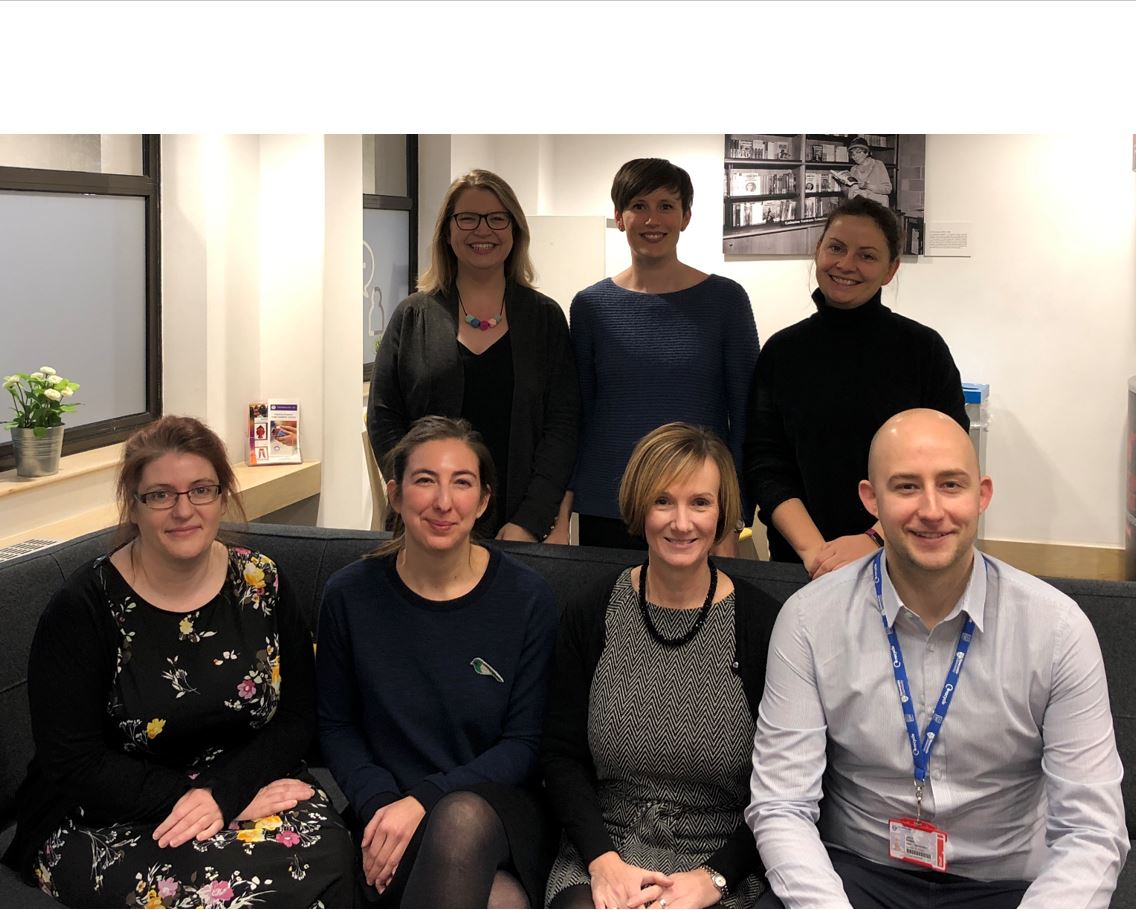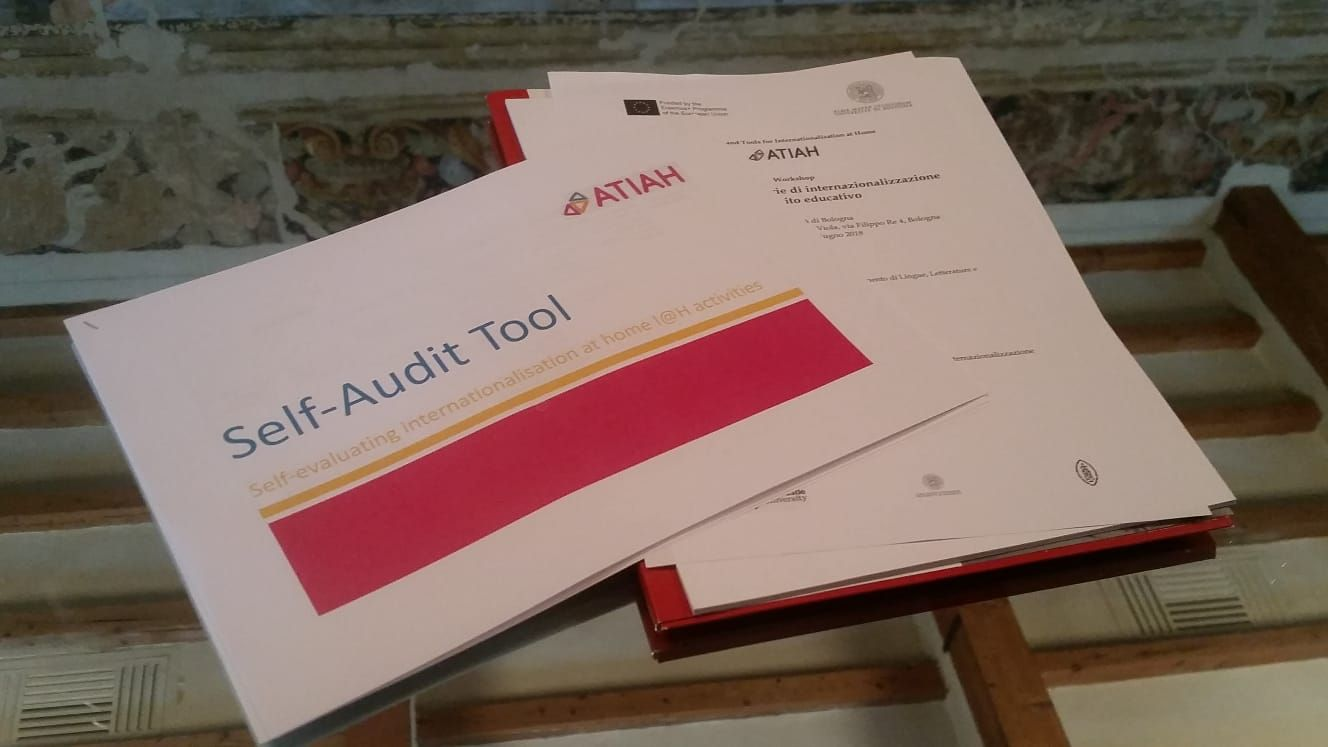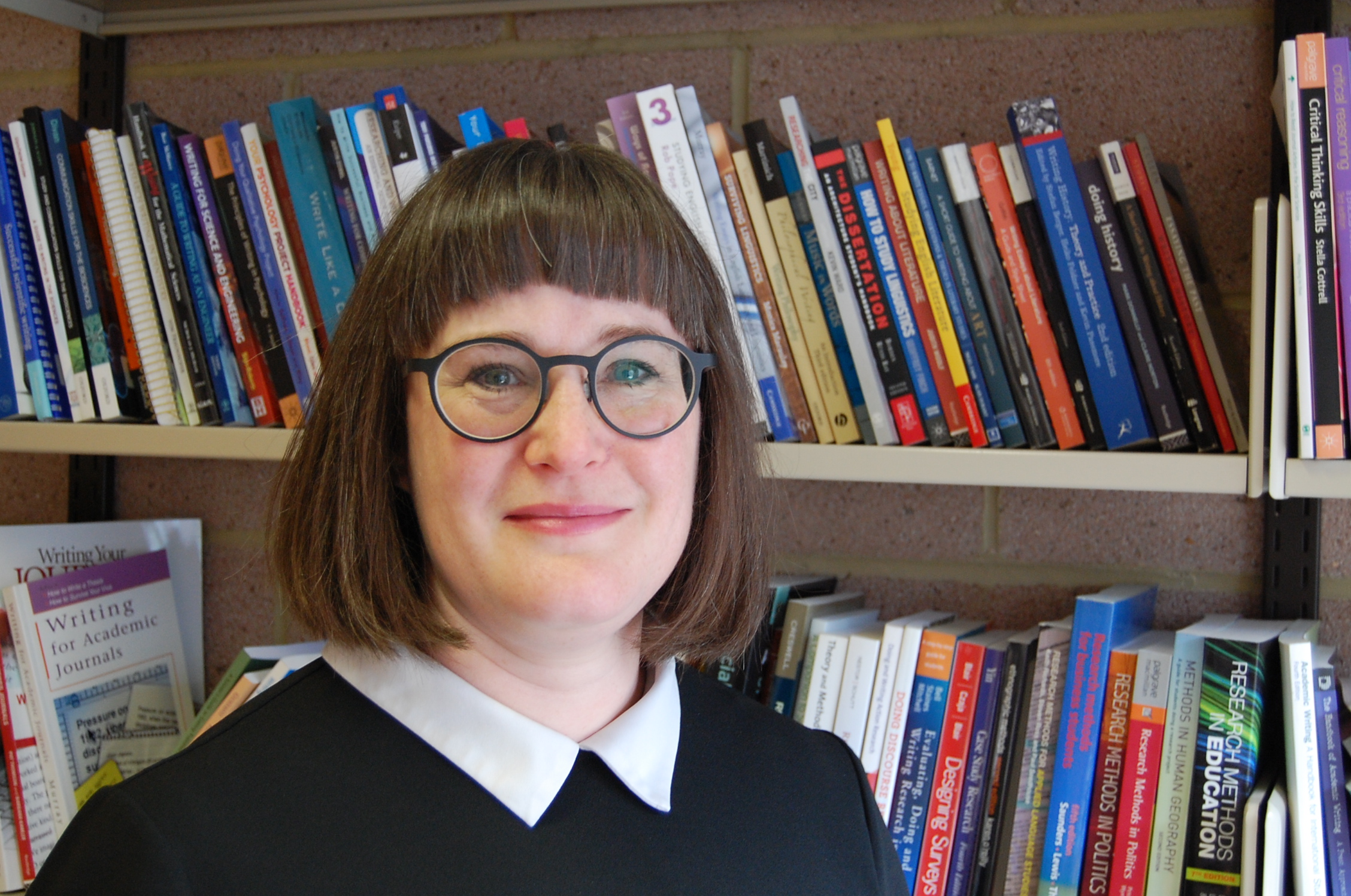SensusAccess gives users the ability to convert documents into formats that work for them. This is particularly important for documents that are inaccessible and SensusAccess offers a self-service solution to this.
We are pleased to confirm that SensusAccess will be available throughout Semester 2 for a University-wide pilot to determine whether it meets the needs of students and staff. The system will be available to all students and staff for the remainder of the current academic year, with an evaluation being undertaken in the summer to inform a decision on whether to continue to make SensusAccess available at Newcastle beyond 2018-19.
SensusAccess is available on the ASK website and there will be links to this in several locations on the University’s online provision, including the Blackboard homepage, Student Health and Wellbeing website, Library website and the LTDS website, ensuring users can find the system from a range of locations.
The system will be easy to use for students and staff. During the pilot they will be able upload documents to SensusAccess choosing the file type that they require. The uploaded document is automatically deleted after being converted. No uploaded or converted documents are stored by SensusAccess. Full information about the conditions of use, including copyright, is available on the ASK website.
As this is a pilot, we are keen to hear your views and will be conducting an evaluation at the end of the pilot period. If you would like to feedback your experiences or need any further information, please email ltds@ncl.ac.uk Students are encouraged to contact disabilityadvisor@ncl.ac.uk to provide feedback.



